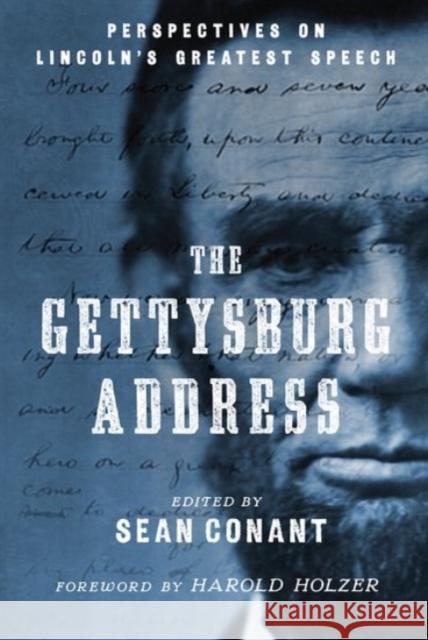The Gettysburg Address: Perspectives on Lincoln's Greatest Speech » książka
The Gettysburg Address: Perspectives on Lincoln's Greatest Speech
ISBN-13: 9780190227456 / Angielski / Miękka / 2015 / 368 str.
It is the most famous speech Lincoln ever gave, and one of the most important orations in the history of the nation. Delivered on November 19, 1863, among the freshly dug graves of the Union dead, the Gettysburg Address defined the central meaning of the Civil War and gave cause for the nation's incredible suffering. The poetic language and moral sentiment inspired listeners at the time, and have continued to resonate powerfully with groups and individuals up to the present day. What gives this speech its enduring significance?
This collection of essays, from some of the best-known scholars in the field, answers that question. Placing the Address in complete historical and cultural context and approaching it from a number of fresh perspectives, the volume first identifies how Lincoln was influenced by great thinkers on his own path toward literary and oratory genius. Among others, Nicholas P. Cole draws parallels between the Address and classical texts of Antiquity, and Craig L. Symonds explores Daniel Webster's influence. The second half of the collection then examines the many ways in which the Gettysburg Address has been interpreted, perceived, and utilized in the past 150 years. Since 1863, African Americans, immigrants, women, gay rights activists, and international figures have invoked the speech's language and righteous sentiments on their respective paths toward freedom and equality. Essays include Louis P. Masur on the role the Address played in eventual emancipation; Jean H. Baker on the speech's importance to the women's rights movement; and Don H. Doyle on the Address's international legacy.
Lincoln spoke at Gettysburg in a defining moment for America, but as the essays in this collection attest, his message is universal and timeless. This work brings together the foremost experts in the field to illuminate the many ways in which that message continues to endure.











